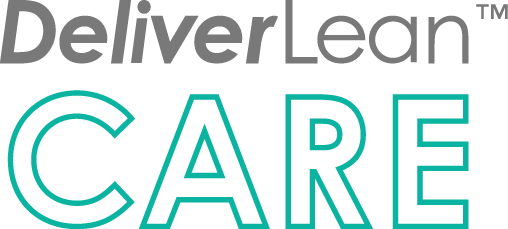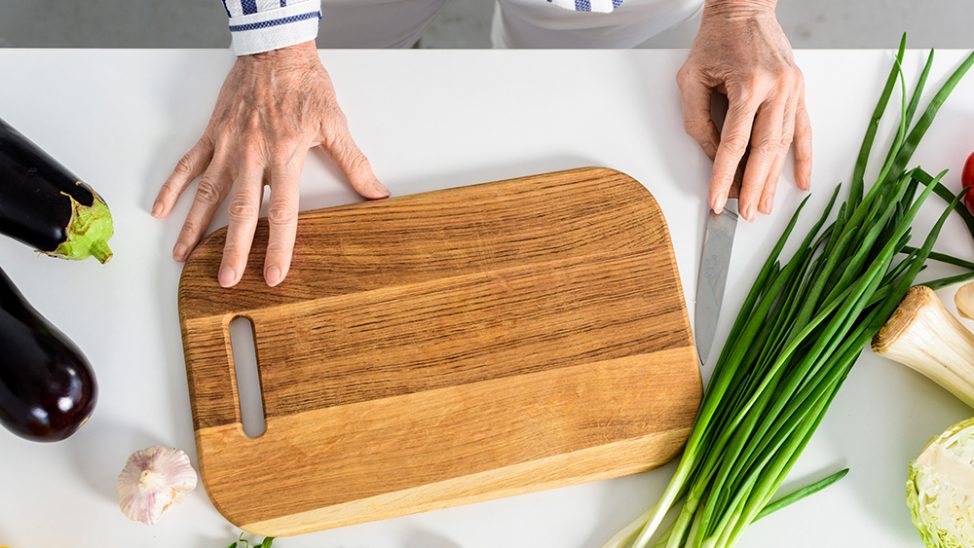Good nutrition is crucial for seniors’ health, yet many older adults are at high risk of inadequate nutrition. Caregivers should pay special attention to why their loved ones are making poor food choices so they can take appropriate actions to promote a nutrient-dense diet in order to prevent the many challenges that malnutrition and poor food choices present.
Several studies have indicated that poor food choices can lead to malnutrition and many other seniors’ health problems, including; poor wound healing, decreased bone mass and muscle weakness that enhances the risk of fracture and falls, compromised immune functions, which increases the risk of infections and a high risk of hospitalization.
Among the factors Contributing to Poor Dietary Choices are normal age-related changes, illness, impairment in ability to eat, dementia, medications, restricted diets, limited income, social isolation, depression, among others. In addition to contributing to malnutrition, these factors cause a burden on caregivers who need to prepare special meals for their loved ones in order to captivate their palate. Among the most common causes we have the following:
● Normal Age-Related Changes Changes in smell, taste, and gradual reduction in appetite majorly contribute to poor food choices. All these conditions make it difficult to eat and enjoy regular healthy eating habits. Being creative in the kitchen meaning using a variety of spices, textures, flavors and different types of preparation is a way to captivate these strict palates.
● Inability to Eat Difficulty in swallowing or chewing and poor oral or dental health causes loss of interest in food. Some of these factors can be corrected but some others do not. Therefore, the risk of seniors developing malnutrition increases significantly. Fortunately, there is always the option of modifying food texture to make it easier for seniors to chew, swallow, taste and obtain all the nutrients they need from food.
● Special Dietary Needs Special dietary needs can make even more challenging the preparation of meals for our loved ones. Additionally many seniors also need to follow dietary restrictions in order to manage a chronic medical condition. Some of these include limiting the use of fat, salt, and sugar.
● Social Isolation Many studies have indicated that elderly who eat alone do not enjoy their meals as they used to before which results in inadequate food intake.
● Medications Seniors take multiple medicines to manage chronic diseases such as diabetes, cancer, or hypertension. These medications can cause different side effects such as dry mouth, throat infection, or metallic taste, ultimately affecting their food choices.
In the bottom line, poor food choices can lead to several health complications in old age, such as weight loss, malnutrition, a weak immune system, and many more. Several factors are responsible for poor dietary choices, including medication side effects, lack of mobility, and depression.
Fortunately, meal delivery services can help with many of these factors and therefore are a great option to prevent malnutrition of your loved ones. Meals are carefully planned by Registered Dietitians who take science as a guide on specifically what foods are most nutritious for the elderly. After these meals are planned, Chefs meticulously preparethese meals with all the flavor, color, and excitement needed to captivate even the most stricter palates and specially prepared for seniors taking into consideration textures, sodium and carbohydrate levels and even lifestyle choices such as vegetarian and kosher meals.
● Morley, J.E. and Thomas, D.R. eds., 2007. Geriatric nutrition. CRC Press.
● Markham, R.W. and Hodgkins, E.M., 1989. Geriatric nutrition. Veterinary Clinics of North America: Small Animal Practice, 19(1), pp.165-185.
● Kamphuis, C.B., de Bekker-Grob, E.W. and van Lenthe, F.J., 2015. Factors affecting food choices of older adults from high and low socioeconomic groups: a discrete choice experiment. The American journal of clinical nutrition, 101(4), pp.768-774.
● Valley VNA Senior Care. com. 7 causes of poor nutrition in elderly. https://www.valleyvna.org/2016/03/7-causes-of-poor-nutrition-in-the-elderly

